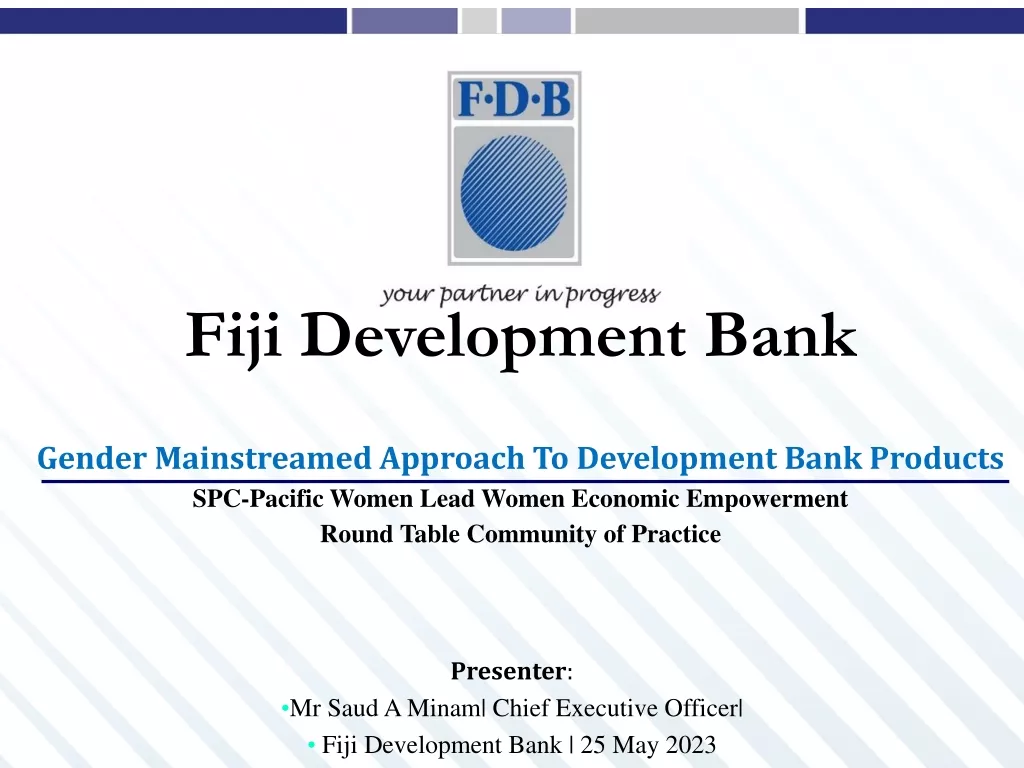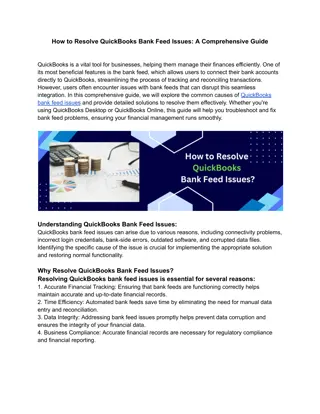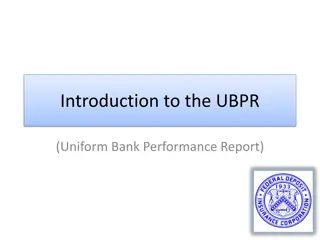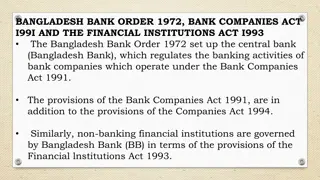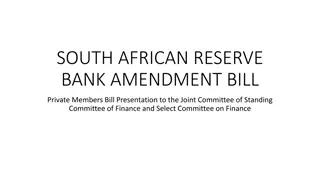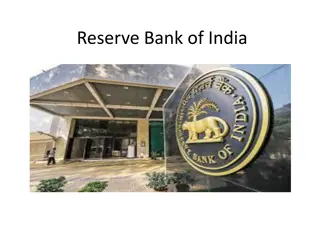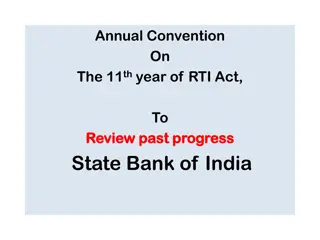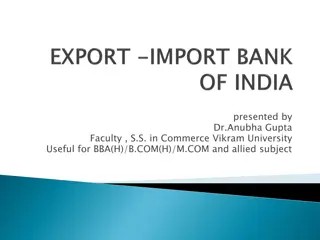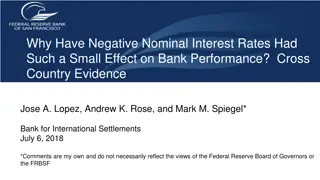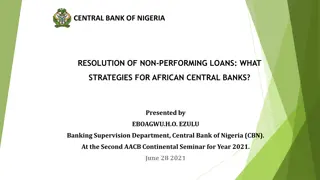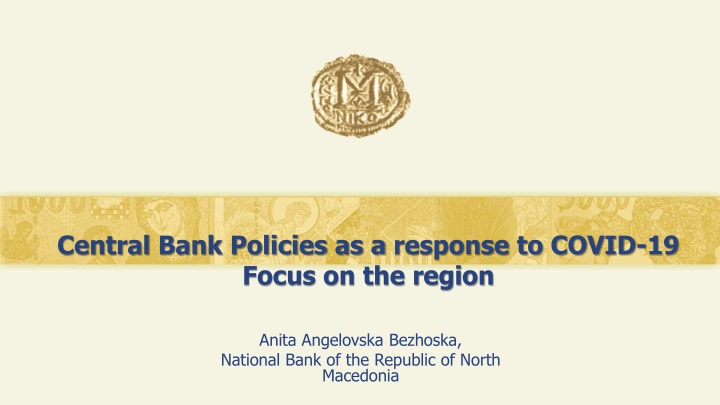
Central Bank Responses to COVID-19 Economic Impact
Central banks worldwide have implemented unprecedented policies in response to the economic shock caused by COVID-19. This includes monetary and fiscal measures, unconventional tools deployment, forex interventions, and policy rate reduction. Despite challenges, interventions have been effective in maintaining solid credit flows. However, prolonged accommodative monetary policies may lead to potential side effects like excessive risk-taking and debt build-up. The region faces the challenge of balancing economic stability while avoiding negative repercussions.
Download Presentation

Please find below an Image/Link to download the presentation.
The content on the website is provided AS IS for your information and personal use only. It may not be sold, licensed, or shared on other websites without obtaining consent from the author. If you encounter any issues during the download, it is possible that the publisher has removed the file from their server.
You are allowed to download the files provided on this website for personal or commercial use, subject to the condition that they are used lawfully. All files are the property of their respective owners.
The content on the website is provided AS IS for your information and personal use only. It may not be sold, licensed, or shared on other websites without obtaining consent from the author.
E N D
Presentation Transcript
Central Bank Policies as a response to COVID-19 Focus on the region Anita Angelovska Bezhoska, National Bank of the Republic of North Macedonia
World is faced with unprecedented shock that impacts all economies across the board in a synchronized manner
How have central banks navigated in unchartered waters? Unprecedented shock-unprecedented policy response This time monetary response is better balanced with fiscal response, swifter and stronger, especially in advanced economies Still, crisis event in which also a number of emerging economies started deploying unconventional tools (purchase of gov. securities, corporate debt, mortgage-backed securities) for the first time
Reaction of the central banks in the region-monetary loosening, forex interventions and financial sector policies High euroization one of the causes for the deployment of exchange rate policies Reduction of the policy rates across the board
Have the interventions been effective? Despite the tightening of the global financial conditions, especially for emerging economies, financial conditions in the region have remained rather favourable and credit flows solid
Is there still room for further accommodation? and forex reserves remained strong, despite interventions in some countries Still positive spreads to the ECB interest rate
Possible side effects from prolonged accommodative MP? Low interest rate environment may lead to excessive risk taking and debt build up discourage savings, spur inflation and discourage structural reforms * Data on general government debt after 2019 are IMF forecast (WEO October 2020). The benchmark for the gross national savings is 28% of GDP is taken from IMF REO, May 2016
Main challenges ahead Continuing with accommodative monetary and financial sector policies while being mindful of financial and price stability but sustained recovery is uncertain and requires building resilience for future shocks asking for focus on structural policies, that would rebuilt fiscal space, strengthen institutions and the rule of law, and enhance the competiveness by adopting new processes, products and services tailored to the Covid- induced circumstances

